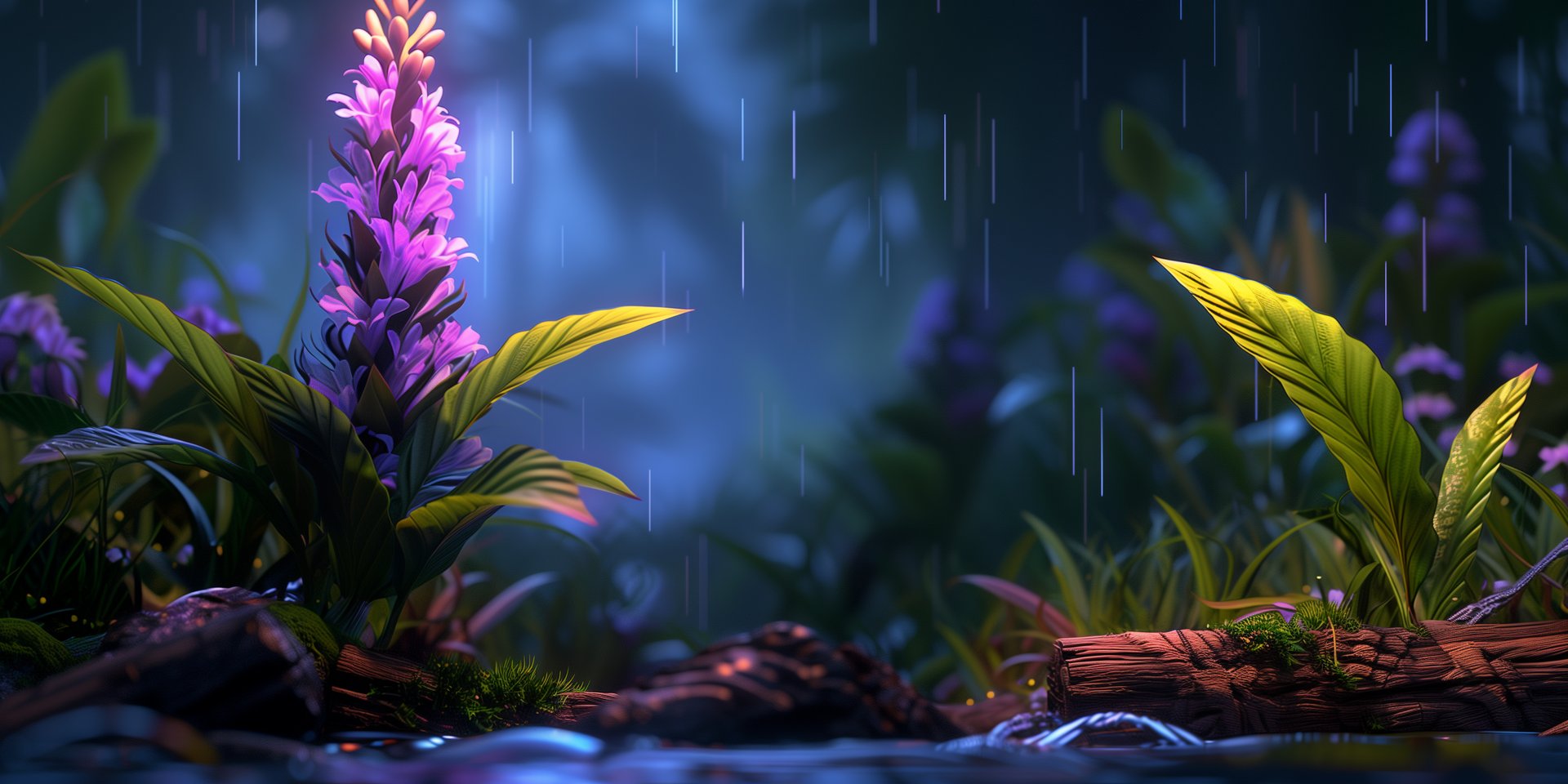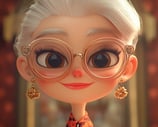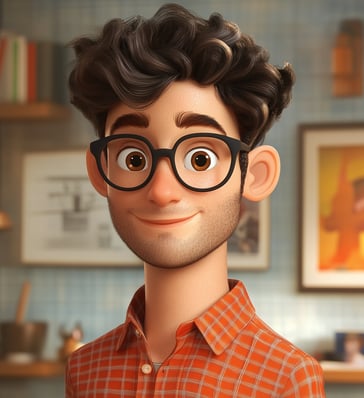
Pixar-Quality Animation


Think of Pixar-level animation as the pinnacle of storytelling in motion. It’s where lifelike movements meet intricate details, crafting scenes that don’t just look good but feel alive.
By blending advanced techniques like keyframing and motion capture, this style ensures characters and environments flow seamlessly, immersing the audience in a story that resonates on an emotional level.
Character Design


Ever wonder how some characters stick with you long after the credits roll? That’s the magic of character design. It’s not just about how they look—it’s about crafting their personality, quirks, and even their flaws.


From sketching initial concepts to modeling and texturing, character design breathes life into ideas, making them memorable and relatable.
Visual Effects (VFX)


VFX creates moments that are larger than life—think explosions, weather effects, or fantastical worlds.It’s not just about spectacle; it’s about using these effects to enhance the story and elevate the viewer’s experience.
VFX is where the ordinary transforms into the extraordinary. By combining real-world footage with digital enhancements






Computer-Generated Imagery (CGI)


CGI is the backbone of modern animation and visual storytelling. It involves creating 3D images and environments entirely on a computer, allowing for endless creative possibilities.
From hyper-realistic textures to imaginative worlds, CGI lets us build visuals that couldn’t exist in the physical world.


Rigging
Imagine a puppet without strings—it’s just a doll. Rigging is the process of adding those “strings” to a 3D model, creating a framework that animators can use to move characters.


This invisible skeleton gives life to digital creations, making them bend, stretch, and emote realistically.


Animated Videos
Animated videos are the perfect blend of art and technology, turning concepts into dynamic visual stories.


Whether it’s an explainer, an advertisement, or an emotional short film, animation communicates ideas in a way that’s engaging, clear, and hard to forget.


Sound Design


Sound design is the unsung hero of any animation. It’s what makes footsteps echo, doors creak, and action scenes explode with energy.
By layering sound effects, dialogue, and music, sound design adds depth and realism, pulling viewers deeper into the world you’ve created.


4K Resolution


4K resolution delivers crystal-clear visuals with four times the detail of standard HD
For animation, this means every texture, shadow, and subtle movement pops on screen, ensuring the final product looks stunning on any platform, from big screens to smartphones.


Virtual Reality (VR)
VR transforms storytelling by immersing viewers in a fully interactive 3D environment
Instead of just watching, audiences can explore and engage with the world around them, creating a deeply personal and unforgettable experience.




Low Poly
High Poly
Vs.
Low poly and high poly refer to the complexity of 3D models.
High poly models, on the other hand, are rich in detail, perfect for cinematic visuals where realism is key.




Low poly models use fewer polygons, making them lightweight and ideal for real-time applications like games.
Choosing the right one depends on the project’s needs and medium.
Sculpting
Sculpting in 3D is like carving clay, only digital. Artists use tools to mold, shape, and refine models, adding intricate details like wrinkles, textures, and patterns.
This technique is essential for creating highly detailed and expressive characters or environments.




Digital Fantasy
Digital fantasy combines imagination and technology to build fantastical worlds and creatures.
From shimmering dragons to enchanted forests, this style pushes the boundaries of what’s possible, creating visuals that transport viewers to another realm.




Stylized Models
Stylized models are all about creativity over realism. Instead of replicating life, they exaggerate shapes, colors, and features to create a unique, artistic look.
Think of them as the charm behind animated films and games that feel like living illustrations.




Cinematic Animation
Cinematic animation focuses on creating scenes that feel like they belong in a blockbuster film.
With dramatic camera angles, realistic lighting, and seamless movement, this style draws viewers into a visual story that’s both grand and emotionally compelling.




Game Trailers
Game trailers are the first taste of a new adventure.
They combine cinematic storytelling with gameplay elements, showing off the world, characters, and action in a way that builds excitement and leaves players wanting more.




Environment Design
Environment design sets the stage for any story.
Whether it’s a sprawling sci-fi city or a quiet village, creating an immersive setting involves layering textures, lighting, and small details that bring the world to life and support the narrative.




Lip-Sync Animation
Lip-sync animation is all about matching character movements to dialogue.
By carefully syncing mouth shapes and expressions with audio, it ensures that characters not only speak but truly communicate, enhancing believability.




Film Animation
Film animation combines all elements—storytelling, visuals, sound, and emotion—into a cohesive narrative.
It’s the ultimate way to immerse audiences, using everything from character arcs to sweeping visuals to create stories that linger long after the screen fades to black.











